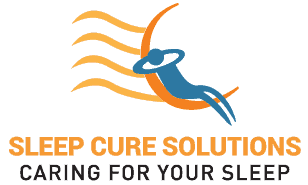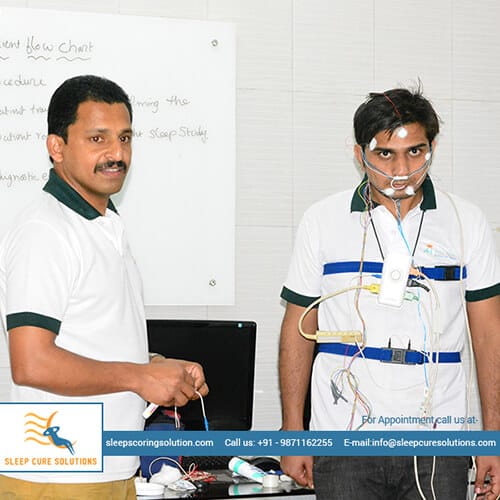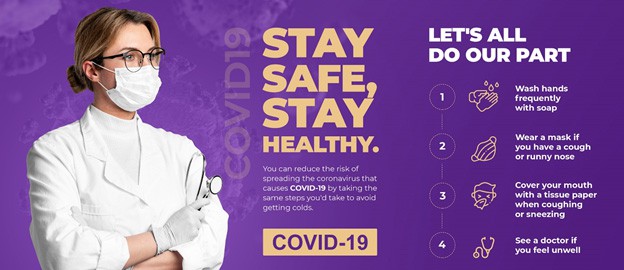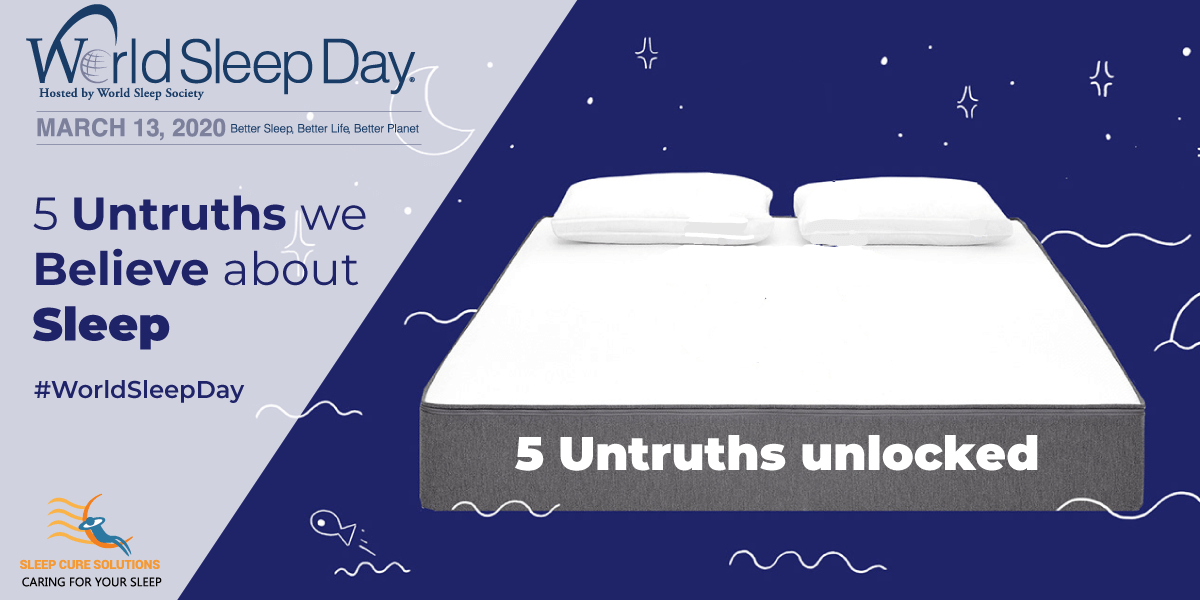For months, you have not slept well. You finally approach a sleep specialist who recommends you a sleep study.
Knowing a bit about the sleep test will help you get relaxed before and during the study. In fact, many people think about sleep study as a fascinating experience.
The test will help you and your doctor to understand your sleep problem better and treat it so that you can sleep better, the way you once used to sleep.
Why do you need a sleep study?
Sleep study is the gold standard in sleep disorders diagnosis. Sleep is not simple – it is complex and is divided into different stages, and is controlled by different parts of our brain. With a sleep test, which is also called polysomnogram, the sleep is captured in all its complexity.
The study is performed by a sleep technologist using a device with electrodes – that together measure your brain waves, heartbeat, and breathing. The device also records movements of your eyes and legs while you’re asleep. The findings from the study help the sleep specialist see the ‘big picture’ and determine whether you’ve a sleep disorder, and in what severity.
How to prepare for the sleep test?
- First and foremost, avoid caffeine the day you’re scheduled for the test. Don’t drink coffee, tea, cola, and chocolates.
- Avoid drinking
- Wear comfortable clothes
- Wash your hair and shampoo them – but don’t’ apply any oil
- Avoid any cream application on body
- Take regular medications
What to expect when you arrive at the sleep centre, or if you’ve opted for a home sleep study?
At the sleeps centre:
You’ll reach the office in the evening, at a pre-scheduled time. There you’ll meet the sleep technologist who will guide you to your bedroom where you’ll have enough of time to change into your nightclothes. You’ll be shown the equipment. Take this time as an opportunity to get answer for any question or query that you probably forgot to ask from the doctor.
You can watch television, read newspaper or do whatever you usually do before your bed time. Then when you begin to feel sleepy, the technologist will attach electrodes – small discs – to your body using a mild adhesive. A clip on your finger or earlobe will help measure your heartbeat. Comfortable, elastic belts fitted against your chest and abdomen help measure the breathing. At first, you might feel uncomfortable with all these devices hooked up to your body – but you’ll soon get used to it. The long wires let you move around and turn over with great ease.
You may once be tested to see whether everything is working – you can be asked to move your eyes, shake your legs, etc. Once everything is confirmed, you can get back to reading or watching TV, if you feel like, before you fall asleep.
Home sleep study:
If you’re not comfortable with the idea of spending the night at a sleep centre, then you can opt for a home sleep study where a sleep technologist arrives at your place at a pre-decided time. You’ll be informed about his arrival well in advance. Once he reaches your home, he’ll first make you familiar with the device and the whole procedure. He’ll then attach the electrodes to your body and will be there with you throughout the night. He’ll leave in the morning after getting the electrodes off your body.
What happens after the overnight sleep study?
The data gathered overnight has to be processed or ‘scored’ by a sleep technologist. Scoring sleep study is a complex and time consuming process. A typical sleep study often produces about 1,000 pages of data that first needs to be scored by a technologist. Later on a sleep specialist reviews the study to determine whether you’ve a sleep disorder and its intensity. Reviewing the study helps him / her come up with an effective treatment plan to help you sleep well.
For more on sleep study and its benefits, please get in touch with us at +91 – 9871162255
Or, mail us at info@sleepcuresolutions.com
Our websites



